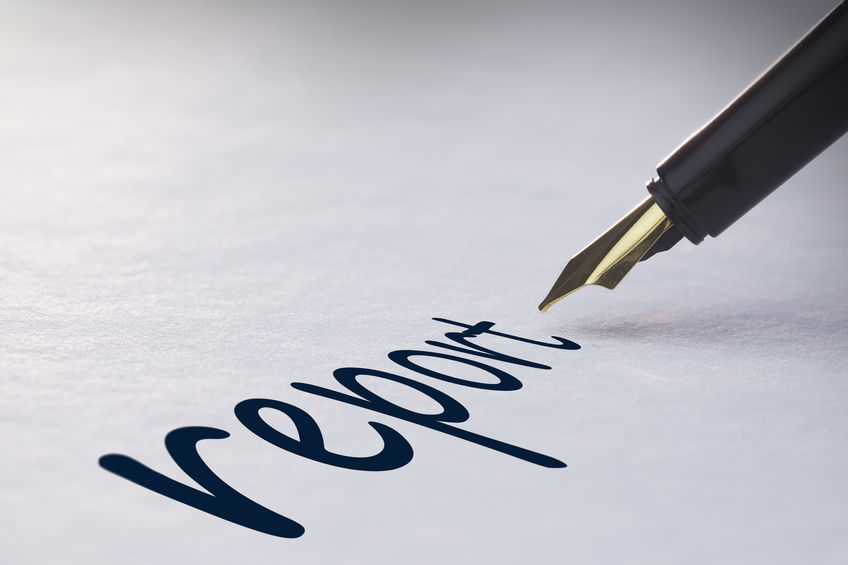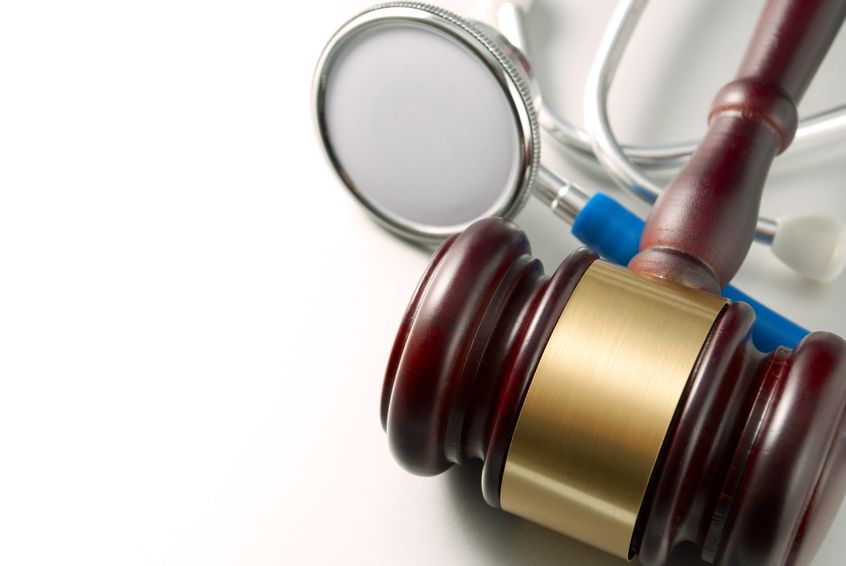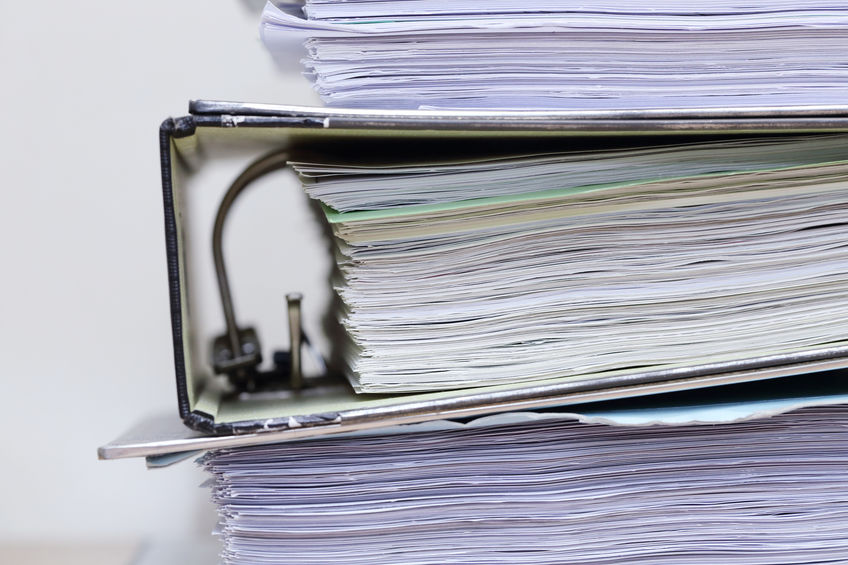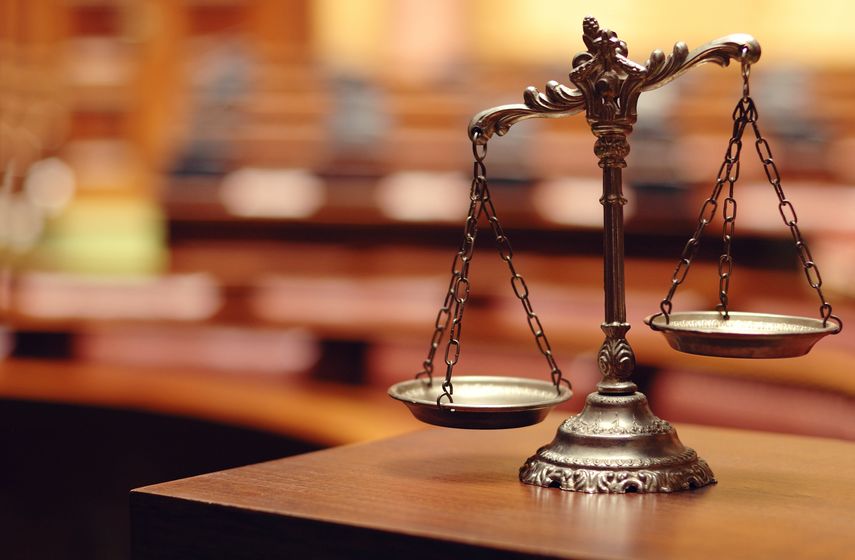
The Expert Witness in the Coroner’s Court
28th February 2020
Preparing The Report For The Coroner
10th March 2020The Coroner’s Questioning of the Expert Witness
For the expert witness or indeed any witness called to give evidence this can mean that in addition to the Coroner’s questioning of your evidence (1) there are questions asked from a number of individuals or their advocates each representing one view of the evidence that has been presented and attempting to provide explanations supportive of their view (or their client’s view) of the circumstances surrounding the death.
Indeed as the expert called late in proceedings, where the inquest is conducted over a number of days, evidence adduced and agreed in previous evidence to the inquest may supersede an opinion expressed in a report, when a number of possible opinions may need to be expressed as to alternative factual details contained in disclosed evidence, and to limit excessive costs of the inquest it is unlikely that an expert will be asked to attend for all of a prolonged hearing.
As an expert instructed by the Coroner it may well be that your opinions may be accepted by the Coroner and their questions are designed to allow explanation of your reasoning and conclusions and may therefore be considered a friend in court.
What Can Be The Coroner’s Focus?
However it may be that they focus on one part of the evidence that to the expert may appear subsidiary to the main thrust of a report and question you at length and detail about that part appearing more as cross examination rather than explanation of your opinions so appearing less of a friend.
Questions from the interested parties or their legal representatives, particularly when you have given an opinion that may lead to a conclusion regarding acts of omissions or potentially neglect on their part, will be more searching and akin to those of a cross examination in the Civil Courts. Rather than coming from a single source there may be multiple parties asking questions. I have been questioned by four or five advocates or parties on a number of occasions and their focus may be on one very small part of the report and in exquisite detail. In a jury inquest the jury may also ask questions through the Coroner and again this may be a point of clarification or a need to explain a detailed concept in a way that the lay jury can understand.
As the Coroner may not interpret any medical evidence but only relay the views of practitioners both professional and expert witnesses have a duty to make any explanations they give for complex medical terms easily understandable if there is a jury present.
How then can an expert give of his best in the Coronial system?
The key like any other part of the expert witness’s role is preparation, preparation, preparation.
The main difference is that whereas in Clinical Negligence your instructing solicitor or a barrister engaged by that solicitor can act as your practice partner (to use a tennis analogy) or sparring partner (if one prefers a boxing one) and explore and challenge the evidence and your opinion on that evidence such a person is unlikely to be available to objectively examine and test you before you appear in the witness box at the inquest.
Brief CV of the author
Colin Holburn is a Consultant in Emergency Medicine since 1992. He qualified from Edinburgh University in 1981. He is a Fellow of the Royal College of Emergency Medicine and of the Royal College of Surgeons of Edinburgh.
He has been an expert witness since 1992 now mainly undertaking Clinical Negligence and Criminal work as well as providing Expert evidence for inquests. He is instructed both by Claimants and Defendants and by a number of Coroner’s. His interests cover the whole spectrum of Emergency Medicine including the initial management of head and spinal injuries including cauda equina.
Excerpt from an article, originally published in Expert Witness Institute Summer 2018 Newsletter.
Notes:
1 Although sometimes there is a Counsel to the inquest who will take that role on behalf of the Coroner



